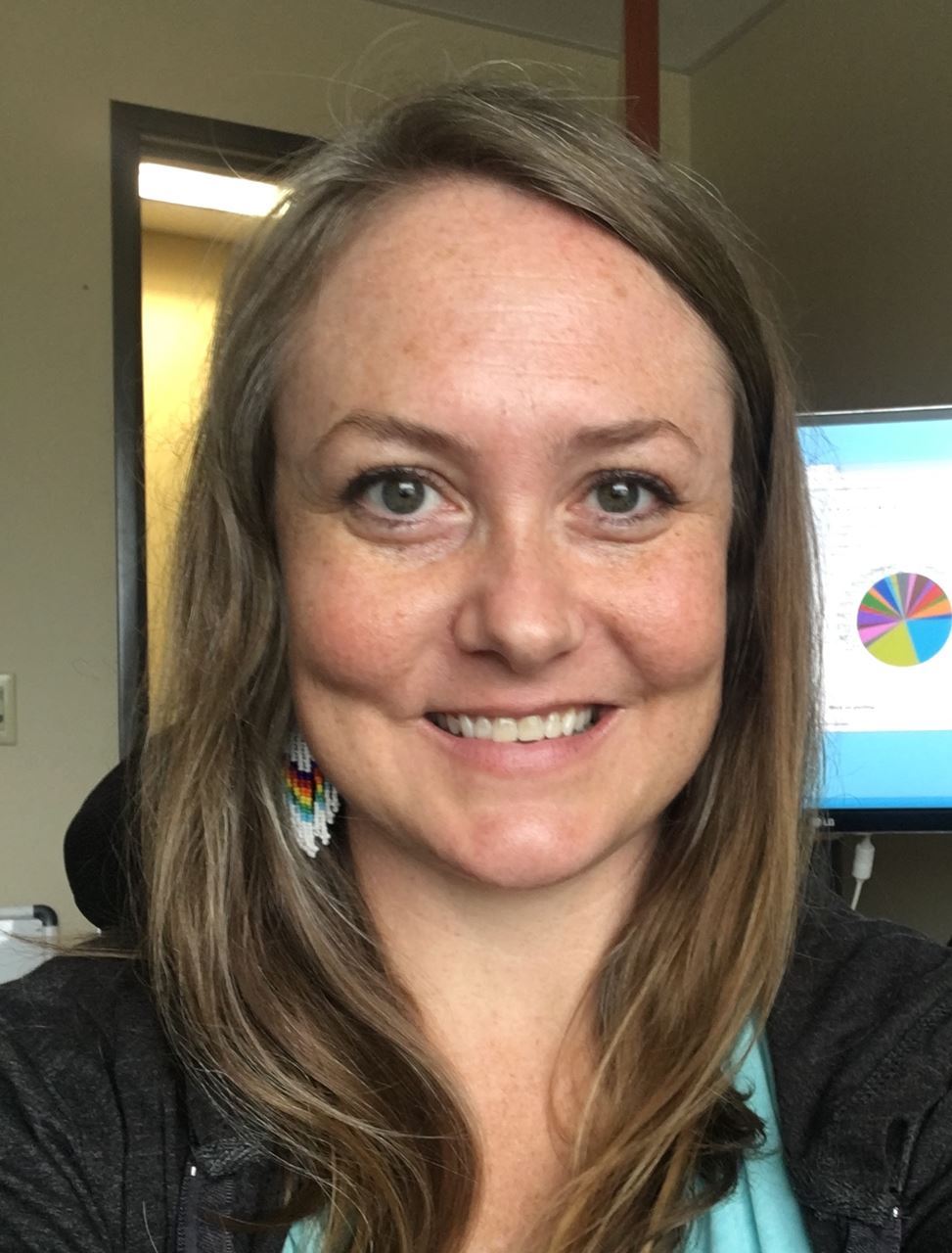
MONDAY, JULY 1, 2019
11:30 am
Holiday Inn Downtown Superdome
Estimating groundwater availability and land-surface subsidence in the Coastal Lowlands Aquifer System using a MODFLOW 6 model and uncertainty analysis
Speaker:

Linzy K. Foster - USGS & Texas Water Science Center
ABSTRACT:
The vast Coastal Lowlands Aquifer System (CLAS), one of the principal aquifers of the United States, underlies the coastal regions of Texas, Louisiana, Mississippi, Alabama, and the panhandle region of Florida. In 2016, the U.S. Geological Survey began a 5-year study focused on understanding groundwater availability, water budgets, land-surface subsidence, and the value of the existing monitoring-well network in the CLAS. A new MODFLOW 6 groundwater model is in development to gain a better understanding of this aquifer system and enable predictions of quantities of interest (QoIs) such as water levels, land-surface subsidence, and base flow in streams. These QoIs will be estimated using uncertainty quantification (UQ). First-Order Second-Moment analysis (also known as linear analysis) capabilities built into the USGS PEST++ and pyEMU suite of software will be used to develop an initial posterior ensemble of model parameters and predictions of QoIs. The UQ is being used to guide next steps in development by quantifying changes in predictive uncertainty resulting from a specific model update. UQ estimates will be improved with the use of the new iterative ensemble smoother algorithm in PEST++. QoIs will be evaluated for baseline conditions as well as different combinations of anthropogenic and climate scenarios.
Several models of the CLAS have been developed in the past few decades on both regional and local scales. Model parameter and groundwater withdrawal information from these models are being used to inform the prior information for the UQ of the new MODFLOW 6 model and to provide water-use information for the model. The new model is based on current (2019) understanding of the hydrostratigraphic units of the Chicot, Evangeline, and Jasper aquifers in the study area. The model incorporates information obtained from work done in 2017 by Intera Geoscience and Engineering Solutions in Texas, USGS datasets in Louisiana, and other datasets for the aquifer system published since the previous Regional Aquifer System Analysis (RASA) investigations of the 1990s. Information on the current conceptualization of the model, datasets used in development of the model, and next steps of model development and UQ will be discussed in this presentation.
BIOGRAPHY
Linzy K. Foster is a Civil Engineer with the U.S. Geological Survey (Texas Water Science Center) in Austin, TX. She has a B.A. in Mathematics from Maryville College and a M.S. in Civil Engineering from Auburn University. Her research focuses on numerical modeling of groundwater systems, density-dependent groundwater-flow modeling, contaminant transport modeling, and improving the use of models through application of uncertainty analysis. She has been with the Texas Water Science Center since 2012 and prior to Texas, was with the USGS in Fort Lauderdale, Florida from 2008-2012. Outside of groundwater modeling, Linzy's research also focuses on development of scripts and processes to automate data processing and model workflows using the Python scripting language.